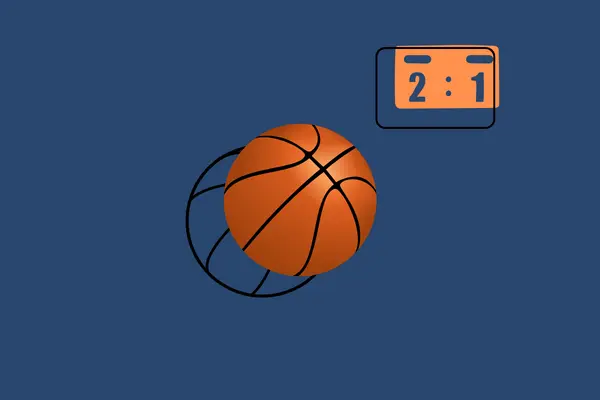This letter is addressed to every athlete, parents of athletes, and coaches,
When I was a younger mother with teens on ball teams, some of them were star performers and others weren’t. Same gene pool but different skill sets. When I approached one coach asking why our daughter didn’t play more even though she was early to every practice and worked hard, the coach replied, “She has no range of motion. Some parents don’t think I should play her as much as I do.” Ouch, but it was the truth. This daughter was not as tall or agile as other players. She was more suited to other endeavors and found her niche in student government.
I hear a lot of discontentment when the expectations differ between vested parties. Parents like me expect their children to play no matter what in high school, even if their children will not contribute to the goal of winning. Parents of younger children who do not play feel protective of their child’s ego and self-esteem when they aren’t given any play time because they don’t contribute to the coach’s goal of winning. Coaches are frustrated when parents aren’t more supportive of their goal to win. Coaches get a lot of flak no matter what they do.
When our youth are young and barely getting introduced to the rudimentary aspects of a sport, it seems they should all get to play. All of them. That way, they gain experience and learn whether they like it or not. The coach is able to assess skills and know what training and drills to use to increase performance. What about kids who really don’t care who wins but they’re just out there to have fun? Is there a place for that kind of play? At what age is the goal not just to have fun and gain skills but to win?
Can we come to a sort of understanding that will prevent parents from hyperventilating over unfulfilled expectations and support coaches who devote hours to our youth? I suggest a progression. In the beginning years of play, let it be play for the sake of enjoyment and exercise and discovery of who they are and the potential of improvement, without emphasis on the score. The next phase would be refining the skills and instructing the fine art of the rules of the game. The final phase is when the goal is to win in a sportsmanlike fashion.
Many psychologists promote play as the most important role of children. In phase 1, usually in elementary school, youth learn about taking turns, following rules, and being good sports. In phases 2 and 3 they can progress, or they may discover they don’t have the natural skills some of their peers have.
At this point, kids have three options: 1) quit the team and pursue other interests they may be better suited for, 2) work extra hard on their own time to close the gap between where they are and where they need to be for more play time, 3) become cheerleaders on the bench for those who are more adept at the chosen sport, fulfilling a different yet vital role on the team.
Student athletes: Explore a variety of interests rather than focusing on just one thing. Remember always that you have talents. Find the area where you shine; that is where you will be happiest.
Parents: Avoid forcing your child into fulfilling your unrealized dreams. Support the coaches. Be a good sport.
Coaches: Play every child evenly in the elementary years. In the junior high years, increase and decrease play time according to the athlete’s commitment, work ethic, and skill set, but still give everyone some play time. In high school, play your best players for the win and let the backup bench play when your team is either way ahead or way behind on the scoreboard.
Let the kids play to play when they are in elementary school. In junior high grades, let them progress and phase into the finer skills and goal of winning; in high school, let parents, athletes, and coaches be united in playing to win, utilizing all team members toward that goal, whether it is support from the sidelines or on the court. We all have a place.
– by Karen Munson
Feature image courtesy of Abbie Call, The Byway.

